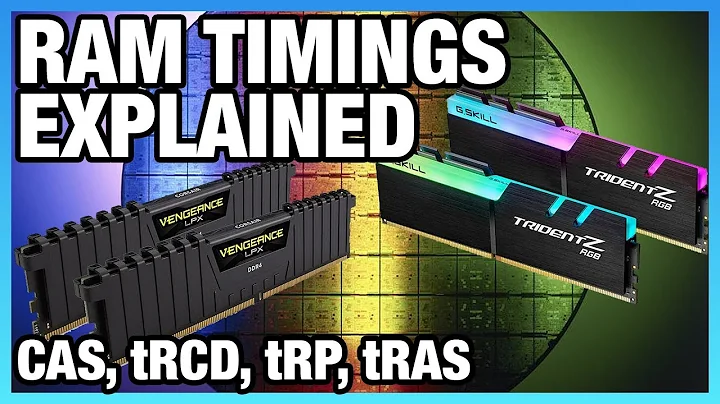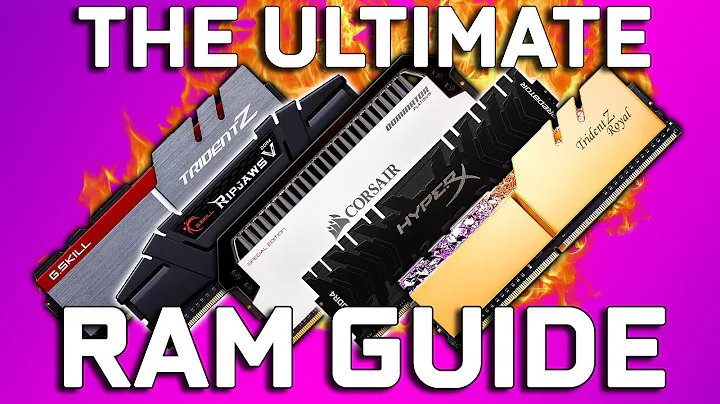Does RAM latency/timing affect motherboard compatibility?
Things aren't quite so free-form as i believe you are imagining.
There are two specifications in particular that define how Memory is catagorized, detected, and configured: JEDEC Standards, and SPD Standards.
Basically, JEDEC defines the timings, cycle-time, clock-speed, etc of all ram that is sold as "DDR3-12800" (just for example), so that all vendors agree that the settings will be the same for all their chips in that line. See the specs for DDR3 RAM here: https://en.wikipedia.org/wiki/DDR3_SDRAM#JEDEC_standard_modules
Your motherboard implements Serial Presence Detect (SPD), so it expects the RAM it finds to be configured such that they conform to one of the JEDEC profiles for that type of RAM.
That means that when your Motherboard manufacturer says that they supports "Up to DDR3-2133", that (among other things) it's SPD is capable of recognizing DDR ram of all DDR3 types with a transfer rate of less than 2133, and has the ability to load JEDEC profiles to configure to use that RAM.
So, thanks to JEDEC and SPD, the motherboard manufacturer doesn't need to tell you explictly what profiles they support.
Related videos on Youtube
Allen Pestaluky
Updated on September 18, 2022Comments
-
Allen Pestaluky almost 2 years
When shopping, it's common for RAM manufacturers to list the frequency, timings, and voltage that RAM has been tested to run stable at. For example, the Corsair Vengeance LPX CMK32GX4M4B3000C15 has been tested by Corsair to run at 3000MHz with 15-17-17-35 timings at 1.35V, assuming there is adequate cooling.
But when shopping for motherboards, it seems to be common to only list compatible memory frequencies, and NOT voltage or timings.
For the sake of this question and my personal shopping I will assume that a high-end overclockable motherboard with adequate cooling will be able to support the tested voltage of whatever RAM I purchase, such as the 1.35V required by the CMK32GX4M4B3000C15.
...But what about the timings? How can I tell if my motherboard will support the timings that are tested to be stable for a given RAM kit?
For example, the ASRock Z170 Extreme7+ supports up to 3600MHz DDR4. I need to assume that this frequency is supported when all 4 DIMMs are in use (but really, I'm just guessing at this). I also assume it can handle the 1.35V that the RAM requires to run at its 3000MHz frequency. But nowhere in the spec does it say what timings RAM can safely run at! How can I know if the RAM will run at 3000MHz with 15-17-17-35 on this motherboard?
To further my understanding of this, let's say I found a hypothetical ultra-low-latency RAM that was tested and advertised to be stable at 3000MHz with 1.35V with timings of 1-2-2-4. I understand that this is impossible with current technology, but let's say it existed. Because the motherboard says it is compatible with RAM up to speeds of 3000MHz, do I know that it will support these ultra-low latencies without any problems? If it did, then this would mean that timings are not relevant to the motherboard's capabilities, but are only relevant to the RAM's capabilities.
Hopefully my questions make sense -- Please let me know if I wasn't clear about any of this.
Thanks! Allen
-
 Psycogeek over 8 yearsthe big number ram, also can run at normal speeds, but has profiles possible for the big numbers, usually with diff latency, sometimes much tweaking is needed to be 110% stable with these high faluting OC numbers, a bit more voltage and going off of auto(SPD) and tweaking it a tiny bit. Also very important they often get way more pickey when there is 4 huge ram modules. Because a OCing designed motherboard allows for much adjustments (voltage and timing) you might not know :-) but chances are good that some minor tweaking i can get almost anything to run at various numbers. normal is easy
Psycogeek over 8 yearsthe big number ram, also can run at normal speeds, but has profiles possible for the big numbers, usually with diff latency, sometimes much tweaking is needed to be 110% stable with these high faluting OC numbers, a bit more voltage and going off of auto(SPD) and tweaking it a tiny bit. Also very important they often get way more pickey when there is 4 huge ram modules. Because a OCing designed motherboard allows for much adjustments (voltage and timing) you might not know :-) but chances are good that some minor tweaking i can get almost anything to run at various numbers. normal is easy -
 Psycogeek over 8 yearsI am saying that most of the stuff that is compatable will "work" at normal type of speeds, that with a Tweakable board you and some effort and testing (much testing) you could insure getting the big number speeds, even with many large modules . . . because your linked board allows for tweaking.
Psycogeek over 8 yearsI am saying that most of the stuff that is compatable will "work" at normal type of speeds, that with a Tweakable board you and some effort and testing (much testing) you could insure getting the big number speeds, even with many large modules . . . because your linked board allows for tweaking.
-
-
Allen Pestaluky over 8 yearsOK, so if I understand correctly: If a motherboard manufacturer says it supports RAM frequency of 3000MHz, then that means that it supports /all/ JEDEC spec timings for DDR4 RAM operating at 3000MHz?
-
Frank Thomas over 8 yearsyes, it should be expected that the mobo will support and detect all standard DDR4 modules at or below the advertised frequency. I suppose there may be a questionable manufacturer or 3 out there, but that's too easy a lapse to get caught on.... That said, I'm always a proponent of checking out the manual for mobos I'm considering buying. they are usually much more specific than the advertising.
-
Allen Pestaluky over 8 yearsHmm... And because DDR4-3000 is "overclocking", there is no JEDEC spec for anything running at that frequency, so I guess that means that it's fundamentally still a guessing game to run at anything over DDR4-2133. :/
-
Frank Thomas over 8 yearsMost of the DDR4 I'm seeing on newegg that supports 3000+ supports Intel XMP 2.0 as does the SPD on Intel X99 chipset devices. XMP is a set of extensions to the JEDEC profiles for easy overclocking. I use XMP 1.0 on my box to support 1866Mhz memory on my DDR3 box.
-
Allen Pestaluky over 8 years:D :D :D Thanks Frank Thomas! I might have heard of XMP once or twice before, but had no idea that it was a standard extension for the RAM spec! If I am understanding correctly, a motherboard is explicitly stating compatibility with an XMP-compatible RAM kit's timings and voltages by: listing support for XMP and listing support for the RAM kit's frequency.




